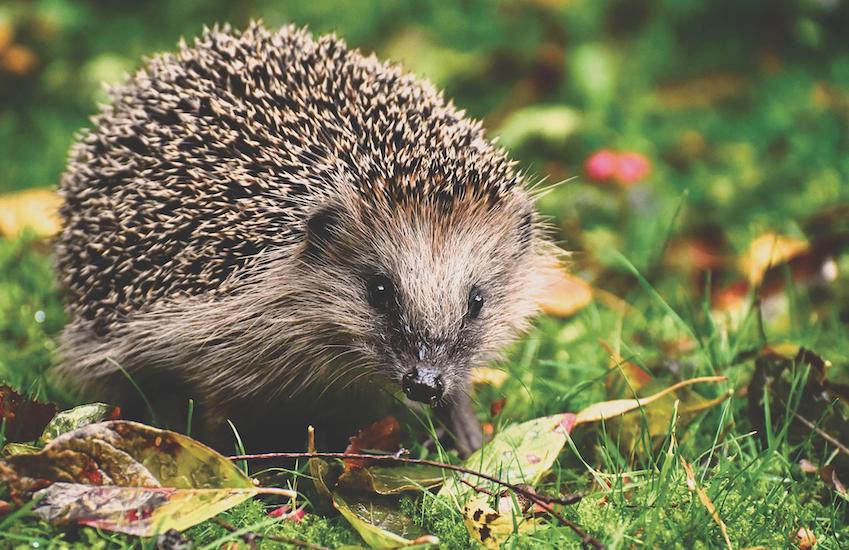
Local conservation campaigners are urging islanders to check for hedgehogs and other wildlife before they give their banques and hedges the chop this branchage season.
Ahead of the Island’s first wave of Visites du Branchage, which begin at the end of June, the Branchage Group is encouraging landowners to ‘do the right thing’ by cutting vegetation in a way that protects and enhances the local environment.
The group comprises several local conservation organisations including Action for Wildlife Jersey and the Jersey Hedgehog Preservation Group. It was formed in 2018 in response to the increasing reports of deaths and injuries to hedgehogs and other local wildlife during the bi-annual branchage cuts.
Balancing branchage with protecting the environment
Following a number of reports so far, the Jersey Hedgehog group is sharing its message to ‘check before you chop’ this branchage season.
Local conservationists are also calling on Islanders to manage banques and hedges in a way that improves biodiversity.
Chris Perkins, Chairman of Action for Wildlife Jersey, said: ‘We want to ensure that landowners understand how important it is to balance the requirements of the branchage law with protecting the environment and enhancing biodiversity.
‘The branchage guidelines were updated in 2019 and, since then, with the enthusiastic support of our farmers in particular, the campaign has been so successful as to be rated ‘Outstanding’ in 2021 by the Royal Horticultural Society: one of only 21 projects to receive this accolade throughout the British Isles.
‘We aim to build on this success during 2022.’
Sharing branchage best practices
This year’s campaign aims to target the non-farming community, and reduce the number of injuries to hedgehogs and other animals through sharing best practice guidance for branchage cutting.
Guidance leaflets are available from parish halls, and videos guides demonstrate how best to carry out a branchage to minimise the impact on plants and wildlife.
‘Good branchage practice leads to fewer animal causalities, stable banques, and an increase in pollinating plants,’ the group states. ‘A positive outcome for all.’
Chris Perkins added: “The charity, Plantlife estimates that if all of the road verges in the United Kingdom were managed for nature, there would be a spectacular 418,88 billion more flowers.
‘In Jersey that would equate to nearly 650 million more flowers. Careful management of our banques and hedges could potentially provide us with a “Battle of Flowers” that will last for months every year.’
Further information on branchage guidelines and the full list of branchage inspection dates is available in this earlier RURAL article: https://www.ruraljersey.co.uk/branchage-inspection-dates-published-for-2022/




